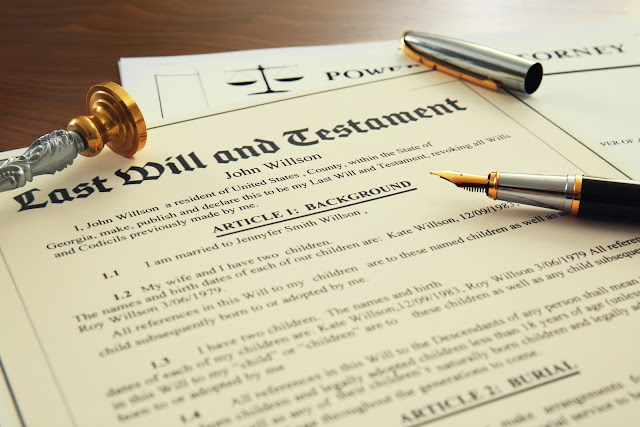
Challenging a Will isn’t easy because it is assumed that if someone went to the effort to make a Will, then the Will is valid. A probate lawyer will tell you that contesting a Willcan drain you mentally and emotionally, and the process can be costly.However, there are certain factors that may assistyou in achieving a successful challenge:
• It is a do-it-yourself Will. When a person (called the Testator) writes a Will himself or herself, it is possible that certain legal formalities were overlooked. Another possible weakness is that the Will may not have addressed the “what ifs” that an estate planning law firm will make sure are included.
• The Testator has been isolated from family and friends by the primary beneficiary of the Will. In a case like this, your challenge might request invalidation based on undue influence.
• The Testator’s mental capacity is in question. This requires evidence that the Testator did not have the mental capacity to make a Will at the time he or she signed it.
Contesting a Will requires that you meet certain guidelines. The first one is that you must have something called “standing.” To have standing, an individual or entity must be able to show that they would be personally or directly affected by the outcome. For instance, a person contesting a Will might be a close relative who was left out of the Will, or a beneficiary who had been named in a previous Will. An entity such as a bank must show they were a beneficiary or a fiduciary in a previous Will. If you don’t have standing, you cannot proceed with the challenge.
Also, you must file in a timely manner as defined by state law. Which state? The state in which the decedent resided at the time he or she passed away. The proscribed time period for contesting a Will ranges from a few weeks to a few years, so it’s important to hire an experienced estate attorney who knows the timeline that applies to your case.
You may wonder why time limits are set. This is to expedite the payment of final expenses and the transfer of assets to the beneficiaries of the Will. If no time limits were set, a challenge could be brought any time in the future. The Will could not be fully distributed in order to provide for a potential legal challenge. Make sure to move ahead in a timely manner so your case is not time-barred.
Let us assume that you have standing and are within the time limit set by state law. Now you must have sufficient grounds to contest the Will. There are four possible grounds:
1. Lack of proper legal formalities;
2. Mental incapacity of decedent at the time the Will was signed;
3. Undue influence on the decedent;
4. Procurement of the Will by fraud.
Proving any of these grounds requires more than suspicions, you must have evidence. That is why you should take any intentions to challenge a Will to be evaluated by an experienced probate law firm. Time is of the essence, so don’t delay this consultation.
This blog was originally posted on https://www.pa4law.com/want-to-challenge-awill-in-court-heres-how-you-can-do-it/
This blog was originally posted on https://www.pa4law.com/want-to-challenge-awill-in-court-heres-how-you-can-do-it/

















0 comments:
Post a Comment